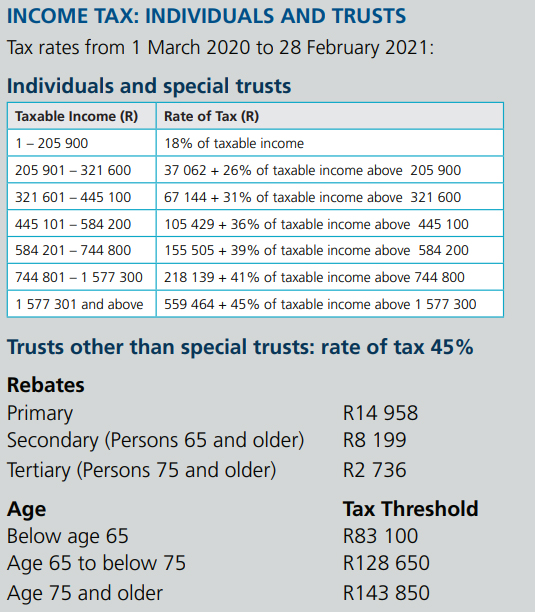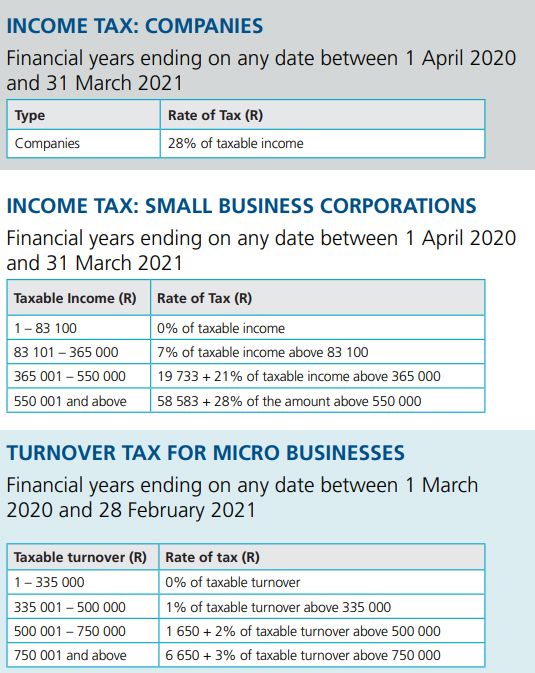
“An investment in knowledge pays the best interest” (Benjamin Franklin)
The Companies Act 2008 places onerous duties on directors and if you do not meet these obligations, you risk personal liability for any damages flowing from these actions.
“Knowing” in the company law context
A director gets “knowing” (actual knowledge) of the company by remaining apprised of the conditions of the relevant industry, what is revealed by the media of the business or its competitors and from the “pack” of data received before a directors’ meeting.
The Companies Act goes further and says a director “reasonably ought” to know important matters in the company. In other words, a director should look beyond what is presented to him and be on the lookout for any other issues that could impact the company.
To gain “reasonably ought” to know information, a director should investigate pertinent matters or may take “other measures” which would result in gaining valuable data – for example, the director may contact an executive director to clarify a matter.
An example to clarify – how to protect yourself from personal liability
- Let’s take “Bill”, a non-executive director of a company which has a subsidiary that imports equipment from China. Bill knows that the subsidiary has purchased a building and owes a R20 million bond on it. The company has guaranteed the R20 million liability.
- Bill has a board meeting in a week’s time and finds that there is no mention of the subsidiary’s bond in his management pack.
- He has read about the new COVID-19 coronavirus and realises that the factory that supplies the equipment to the subsidiary has been temporarily closed and it will take more than a month to get the factory back in production when it reopens. It will then take one month for it to build up stock. Shipping time to South Africa is six weeks. Bill finds out that the subsidiary has only one month’s stock and thus faces potentially about three months of trading without stock. The subsidiary is highly geared, and Bill is concerned that it could stop trading which would mean the R20 million guarantee will be called up and this could affect the company’s solvency.
- Naturally, Bill carefully documents all of this and raises his concerns at the board meeting.
- A majority of the board are reassured by the executive directors that Bill’s concerns are not valid. Four months later, the subsidiary ceases trading, and it and the company end up in liquidation.
- An investigation is carried out and one of its findings is that the company “reasonably ought” to have anticipated that the coronavirus would create solvency problems for the subsidiary and their failure to act has caused both companies substantial losses. Consequently, the directors are personally liable for these losses.
- Not all directors of course, as Bill shows the investigators the work he did and how he was outvoted at the board meeting. He avoids being held liable for the losses.
Directors be wary of this – don’t just rely on management packs etc but also look for the matters you “ought to know” about. This applies also to alternate directors and senior managers who are deemed by the Companies Act to effectively have the powers of directors.





